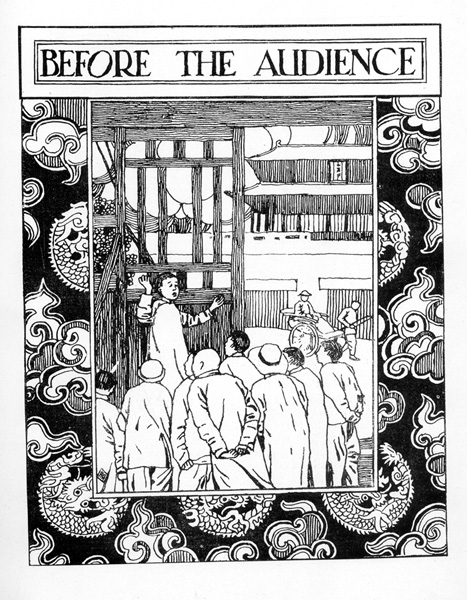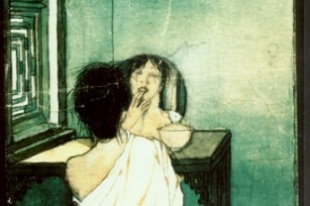An enlightened man


The letters, in the eyes of his youngest son Wen Lipeng, convey an intellectual's reflections on Chinese culture, his struggle over whether to apply Western or Chinese cultural concepts to his work and his personal ambivalence toward making career choices.
Most of Wen Yiduo's artworks have been lost in those years of unrest over the first half of the 20th century, but the surviving ones-most of which are currently on display at the academy-demonstrate an integration between the Western and Eastern concepts of art and a combination of the traditional and modern artistic styles.
And they have also served to enrich the image of one of the all-rounders among the intellectual elites typical of this era in modern Chinese history.
One of Wen Yiduo's most famous pieces of poetry, an excerpt about Macao from a seven-piece suite of verse, became a household name when China resumed its sovereignty over Macao in December 1999. The verse was adapted to become the theme song for the event which was popularly sung throughout the country that year.
In the suite titled Songs of Seven Sons, he compared seven places including Macao, Hong Kong and Taiwan that were among China's ceded or leased territories to seven sons that were deprived of their mother.
The suite was created in March 1925, during Wen Yiduo's stay in the United States. A less well-known fact is that he was the first student from Tsinghua Xuetang-the predecessor to Tsinghua University-to study fine art in the US.





































